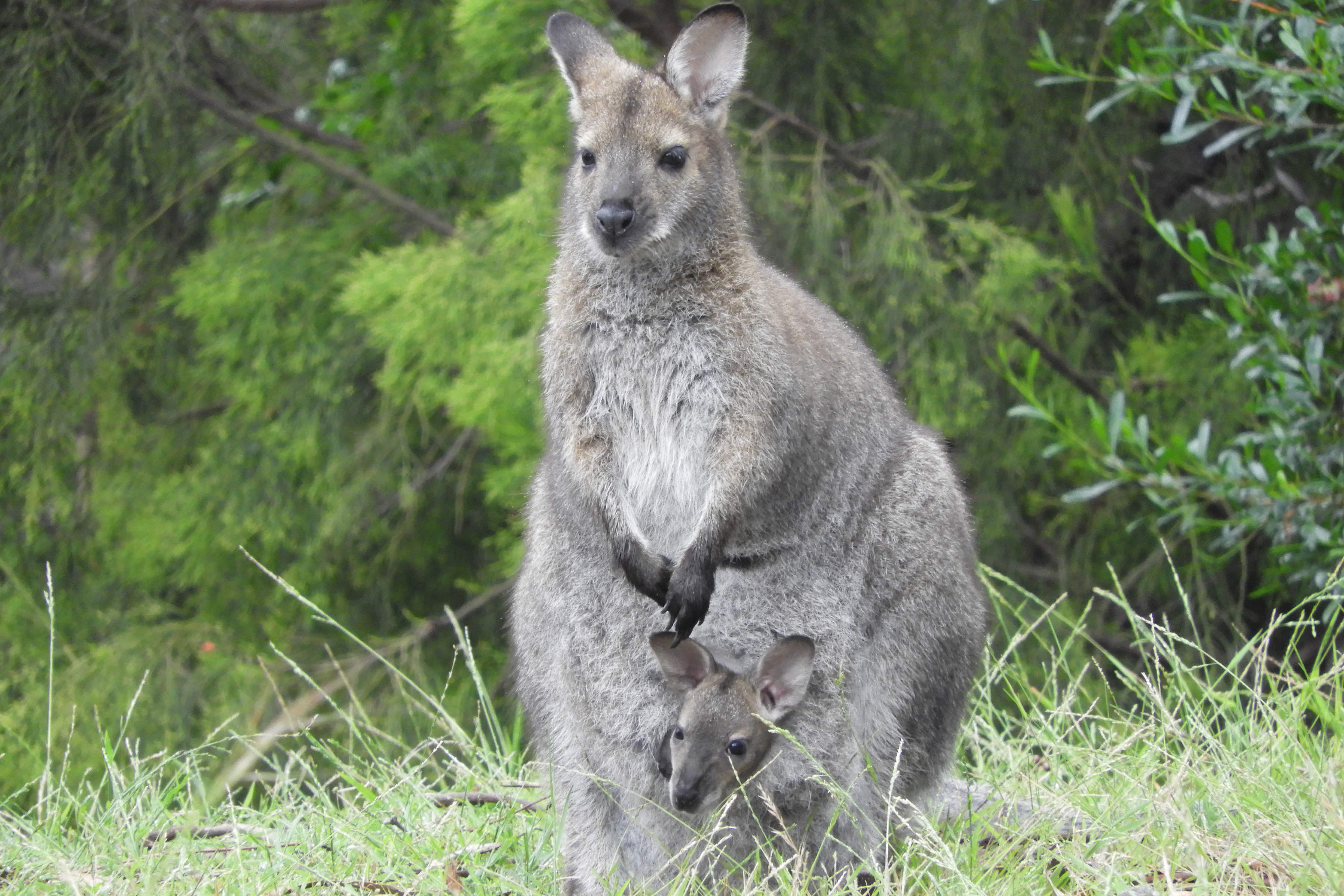Two years ago, Catherine McWhirter and David Rust successfully applied to register their Mount Rumney property with the Land for Wildlife program. The program, which is administered by the Tasmanian Land Conservancy, helps private landowners with nature conservation. It requires properties to be greater than two hectares in size, with intact native vegetation or re-vegetated land that conserves native species and habitats.
Home sweet habitat for Mount Rumney wildlife

‘When they came to assess our place, they were so excited,’ said Catherine. ‘They identified things we’d been stepping over; tiny orchid-like flowers, a rare wild pea, insect cocoons, different birds. We discovered a richness that we didn’t know about.’
The assessors, Anna Povey and Phil Wise, also identified some issues with weeds. The top priority was to eliminate a bluebell creeper, which Catherine and David have now done.
‘They showed us what to get rid of and what to keep,’ said David, ‘especially native wattle and other areas of good habitat where animals like to rest.’
After the assessment, the couple were sent a detailed report with a map of the block, a list of bird and plant species and a book to help with identification. They were also provided with equipment for weed control, and can get discounts on recording cameras to help with monitoring.
Catherine and David’s motivation for joining the program was the enormous impact humans have had on wildlife habitat, and the need to preserve existing wildlife corridors.
‘There’s been hardly any clearing on our land,’ said Catherine, ‘so if we can get rid of the invasive weeds and promote native species, we can make life easier for the birds and animals.’
Since joining the Land for Wildlife program, David and Catherine have recorded an astonishing variety of creatures on their property, including echidnas, bandicoots, pademelons, quolls, boobooks, spinebill honeyeaters, splendid wrens, native quail and a couple of white goshawks.
There’s also a hole in one of their trees that they are hoping is masked owl habitat.
‘We would absolutely recommend this program to other landowners,’ said David. ‘We’ve learnt so much from it.’
Community group Clarence Climate Action has chosen David Rust and Catherine McWhirter as this month’s Climate Champions.
Eastern Shore Sun, February 2024, page 9